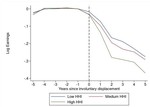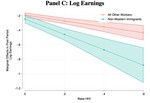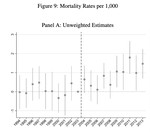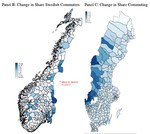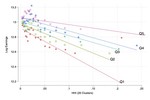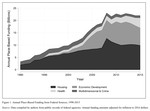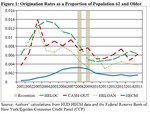Samuel Dodini
Senior Research Economist
Federal Reserve Bank of Dallas; CESifo; IZA
About Me
I am an applied labor and public economist with broad interests. My current work in labor examines the effects of unions on workers, inequality, and firms. I also have work examining the effects of labor market competition (or lack thereof) on workers and communities as well as discrimination in the labor market and the labor market experience of immigrants. I have work in progress on how firms invest in their workers’ human capital and drive the local accumulation of talent. I also have work incorporating insights from behavioral economics into labor supply decisions and firm-worker interactions. My other work in public economics focuses on the effects of SNAP work requirements on household finance and the effects of place-based development and housing policies. Before starting at the Dallas Fed, I was a postdoctoral fellow at the Norwegian School of Economics (NHH). I received my PhD from Cornell University.
Interests
- Labor economics
- Public economics
- Behavioral economics
- Urban and housing economics
- Education
Education
PhD in Policy Analysis and Management, 2021
Cornell University
MS in Policy Analysis and Management, 2019
Cornell University
BA in Economics, 2013
Brigham Young University

